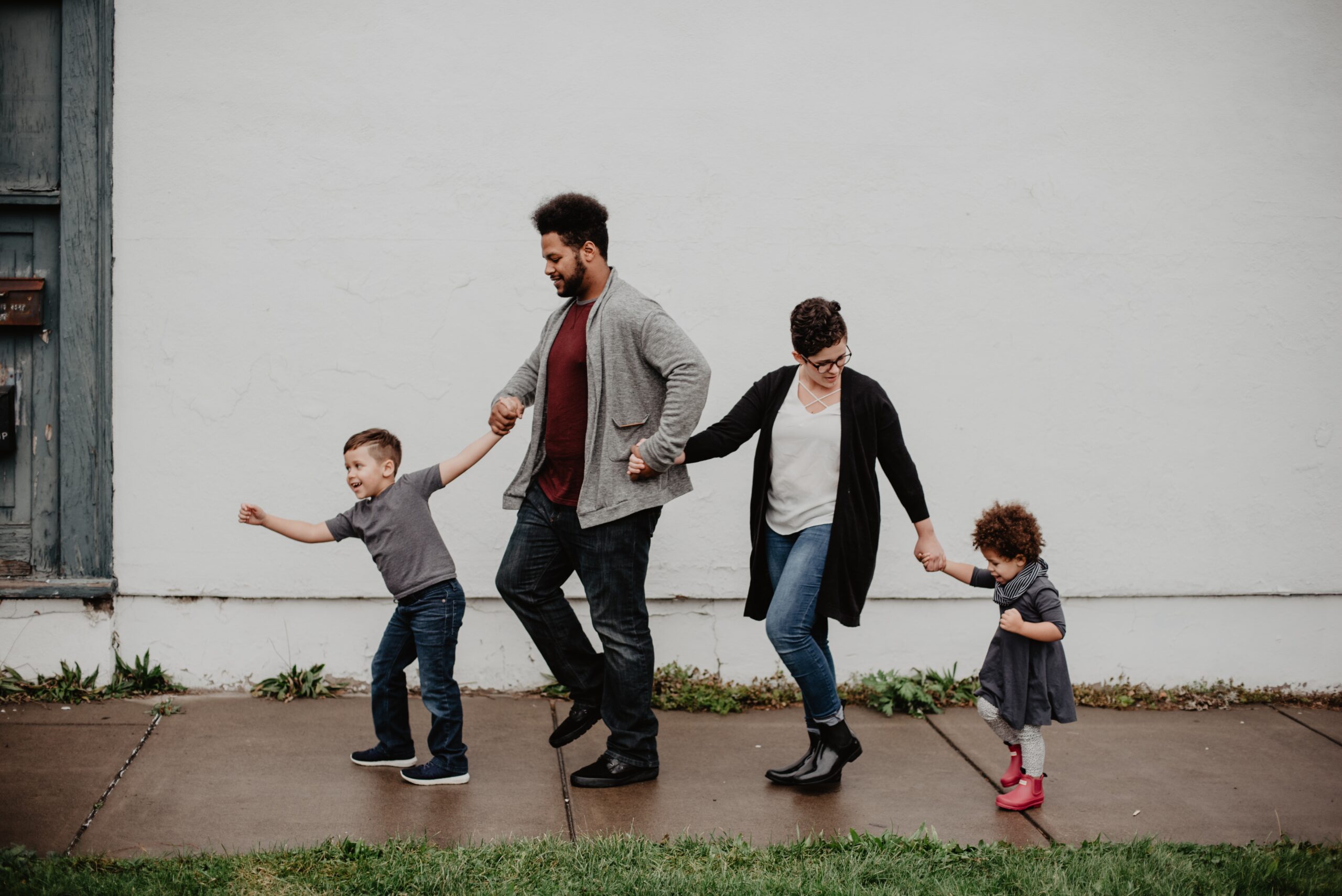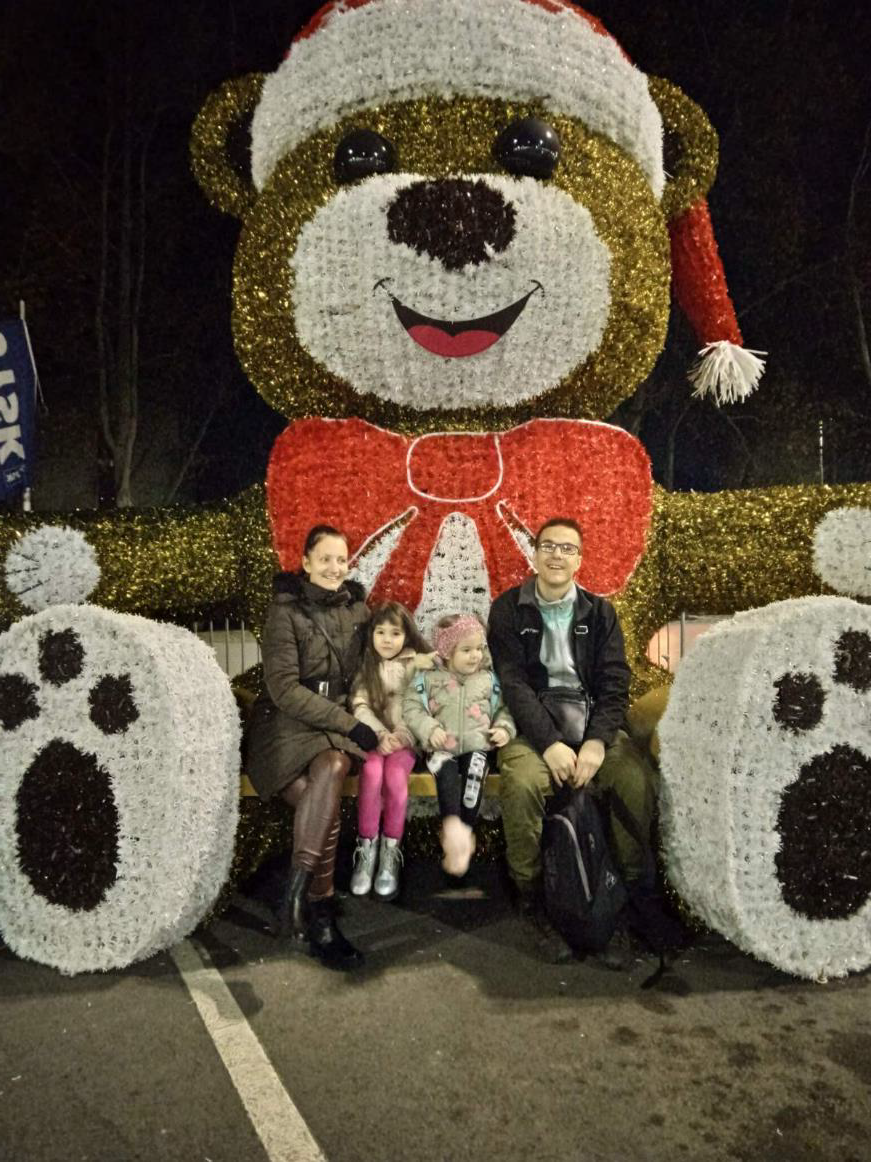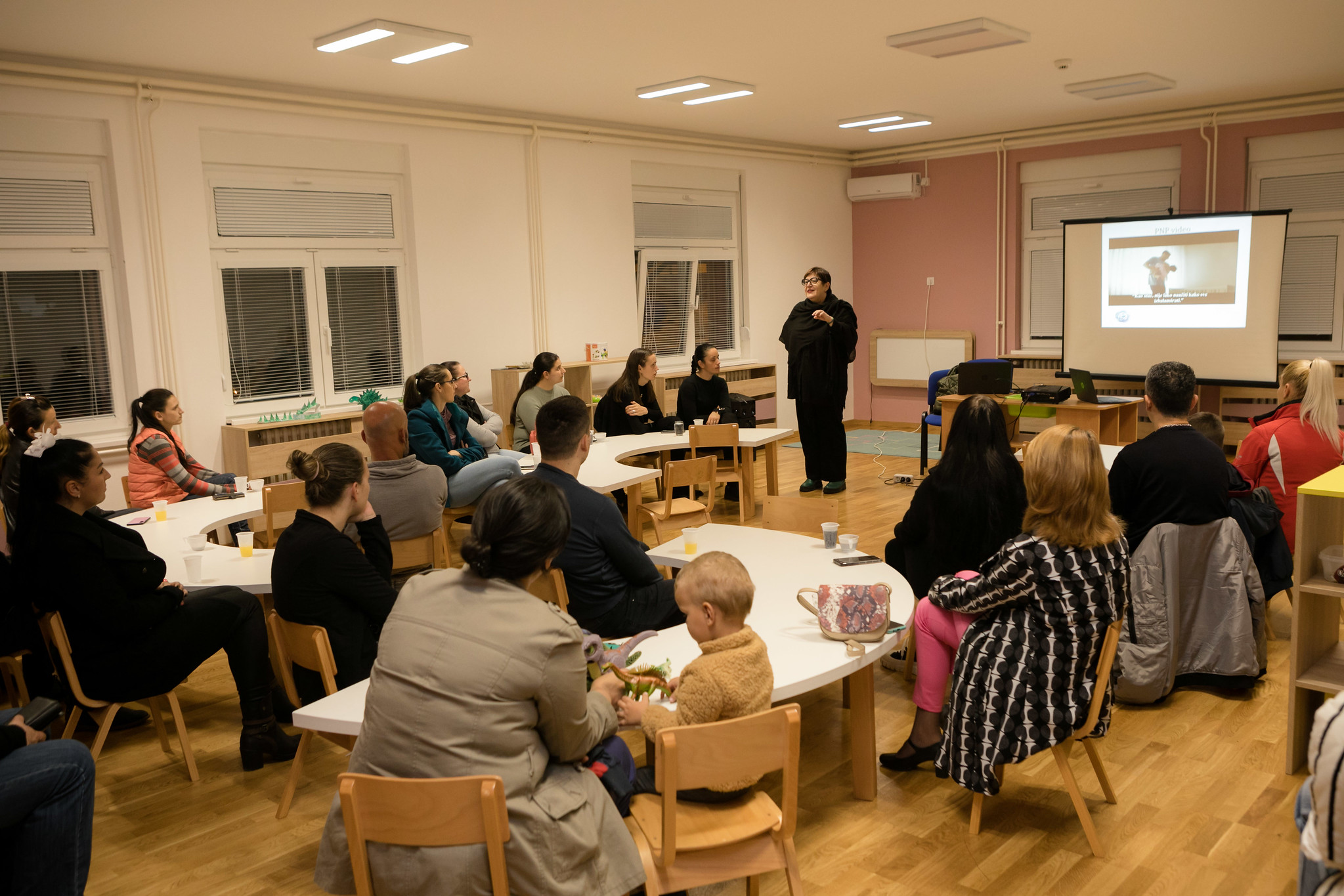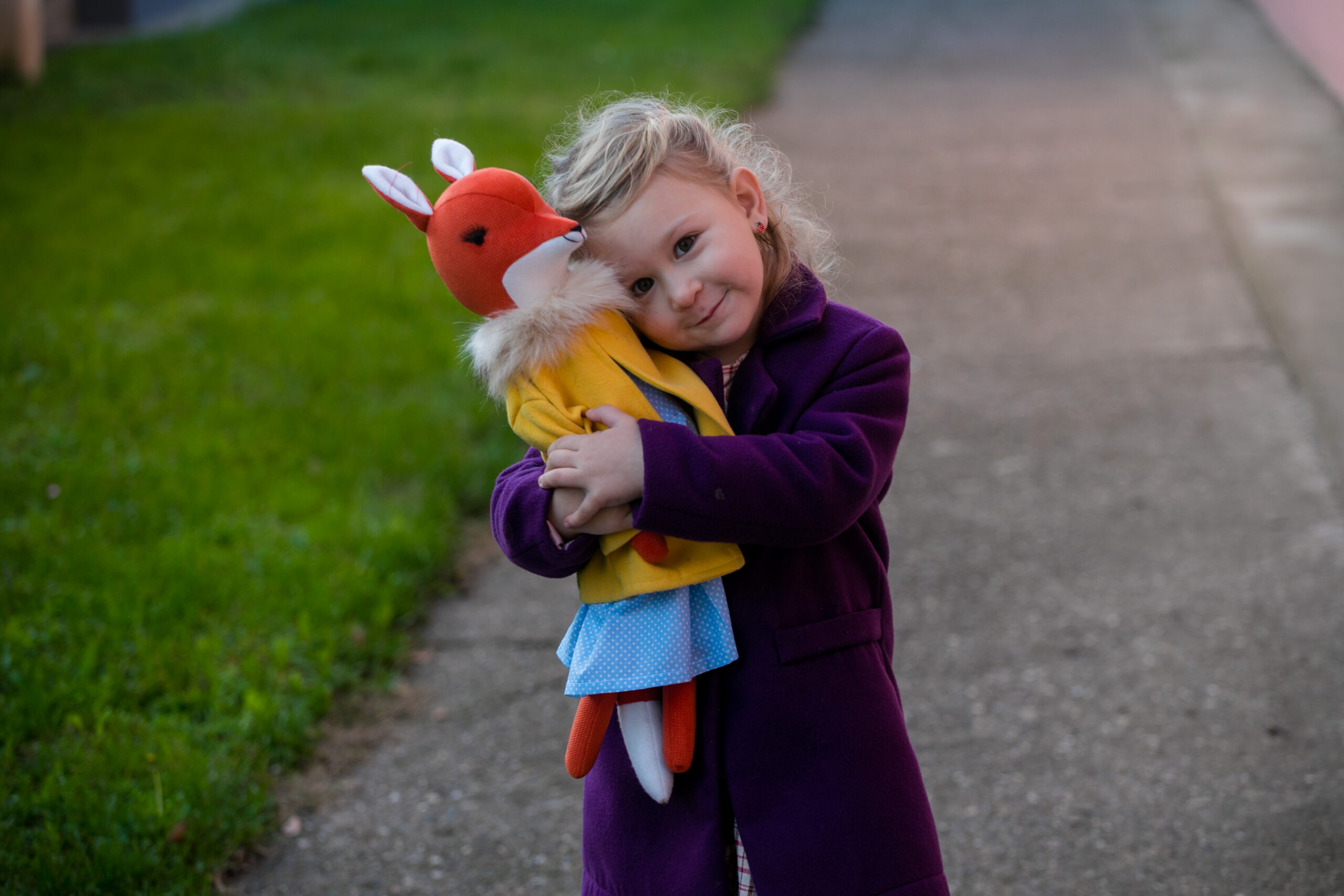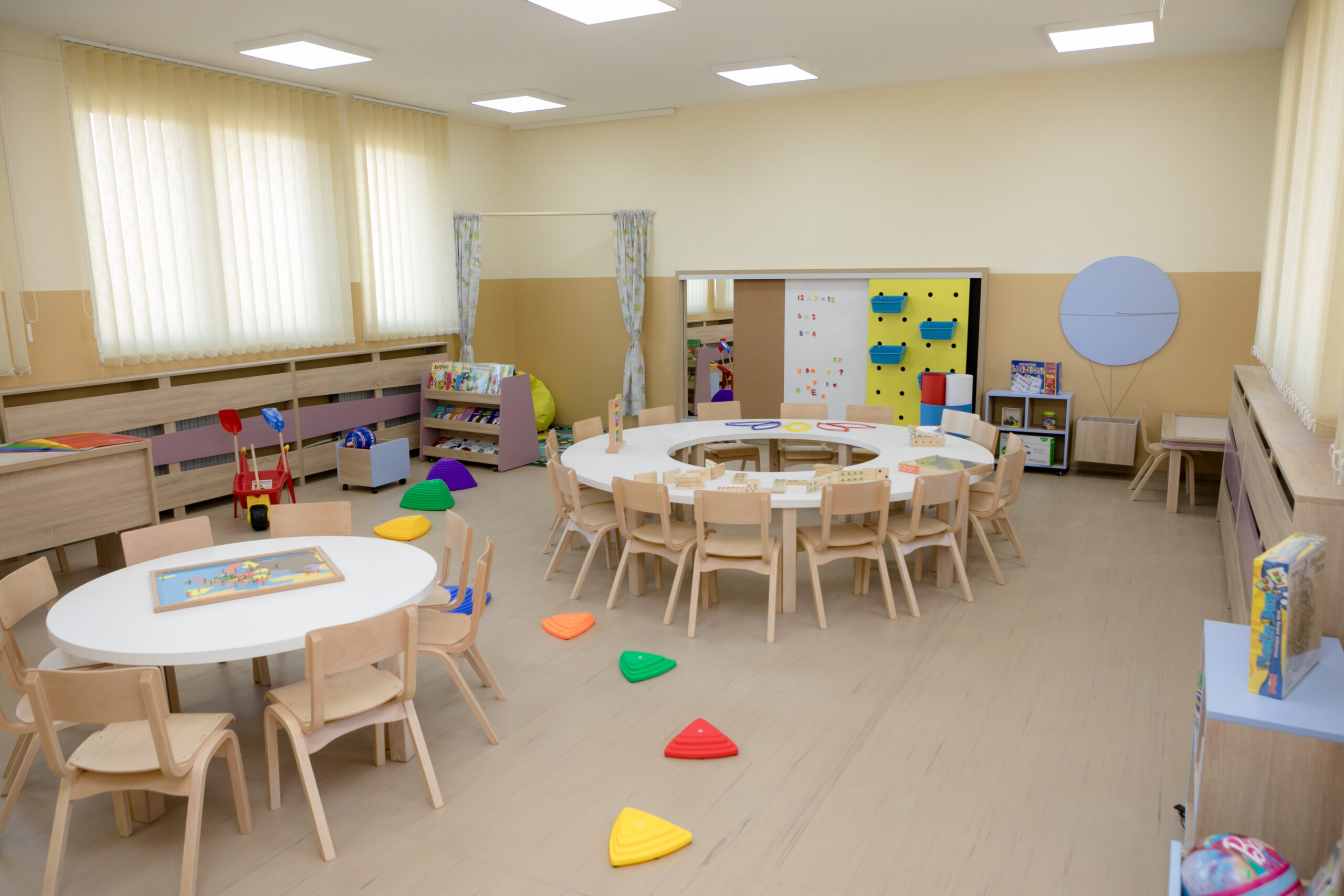Many parents wonder if it is normal for their preschoolers to be anxious. Here are some tips on how to manage fear and anxiety among children, and when it’s best to consult an expert.
It is normal to feel anxious about unfamiliar situations at any stage in life. Children are no exception when it comes to having worries or fears. They may worry about starting preschool, or they might be scared of engaging in social situations or are afraid of being separated from their parents. Although these fears can appear extreme to parents, anxiety plays an important role in the behavioral and emotional development of children and are usually short-lived. These tips can help to manage preschoolers’ fears:
-
Engage your child in discussion
Preschoolers are old enough to describe their feelings. Therefore, it is a good idea to engage them to talk about their fears. As an adult, it is important to be as supportive as possible in such a conversation and ensure that the child doesn’t feel judged. It is easier for children to share their feelings when they are engaged in another activity such as looking at old photos or listening to a story. It is always helpful to find a quiet moment for such a conversation and remember that children cannot be forced to talk about their feelings.
-
Acknowledge the fear
As adults it is easy to think that the fears of children sound silly, but it is very important to show the youngsters that their parents take the worries seriously. In the conversation, let your child know that you understand that they are afraid by using your own words, but language that your child can pick up easily. Parents can say ‘It sounds like you are worried about finding new friends at school because you are afraid of new classmates’.
-
Give examples of your own fear
It can help children cope with their own fears when they know that everyone has worries from time to time, and that it is normal to feel anxious about new situations. Parents can find a quiet moment and talk to the youngsters about their own fears and how they deal with them. Maybe you remember a time as a child when you felt scared, and you can describe to your child how you faced the fear.

Copyright: Yuganov Konstantin
-
Help your child to relax
Coping strategies are there to help adults and children to relax. When you talk to your children, teach them some strategies, such as breathing and relaxation exercises. A good exercise is to take slow and deep breaths and focus on the tummy as if it is a balloon.
-
Help your child to overcome the anxiety
Parents can encourage their children to deal with their anxiety gradually, to overcome it. In such situations, it is important to provide them with support, which can (and should) be decreased slowly over time. Usually, children stay calmer when their parents turn the problem into a game. If your child is afraid of dogs living next door, ask her to take a few steps towards the house and run back to you to get a hug. This way, parents can expand their children’s comfort zone over time.
-
Cheer them on
Success is always an experience which encourages a child to keep facing their fears. Children who are praised by their parents when they deal with their feelings are more likely to overcome their anxiety. For example, you can applaud your children on the sidelines when they are afraid of hitting the ball in a game.

Copyright: YanLev
-
Just go with it
Sometimes it is better to let children conquer their fear at their own pace (i.e.: sleeping without a nightlight) and help them to build up their confidence instead of telling them to ‘stop acting silly’. However, sometimes there are situations children cannot escape from. When children start a new school they simply have to learn that they are scared for no real reason. In such a situation, it is important that parents prepare their kids for what to expect, and to cheer them on.
-
Ask a professional for help
Consulting a professional to seek expert advice is helpful when a child’s anxiety continues, despite all efforts, and when the parents cannot observe any progress at all.
When Anxiety Turns into a Serious Problem
Anxiety is a normal feeling that everyone experiences in life, and is no reason to worry. However, fears need to be addressed and expert advice is required when anxiety stops children from engaging in the activities they want or need to do, and when it is having a serious impact upon the function of the family’s day to day life. Signs indicating more serious issues include but are not limited to intense anxiety towards planned social events, excessive shyness, sleep troubles, overreactions to criticism, excessive reassurance-seeking and pain development, such as stomach aches and headaches, before or during specific times. The point at which the anxiety impedes on the child’s daily life, it may be best to consult a professional for help.





